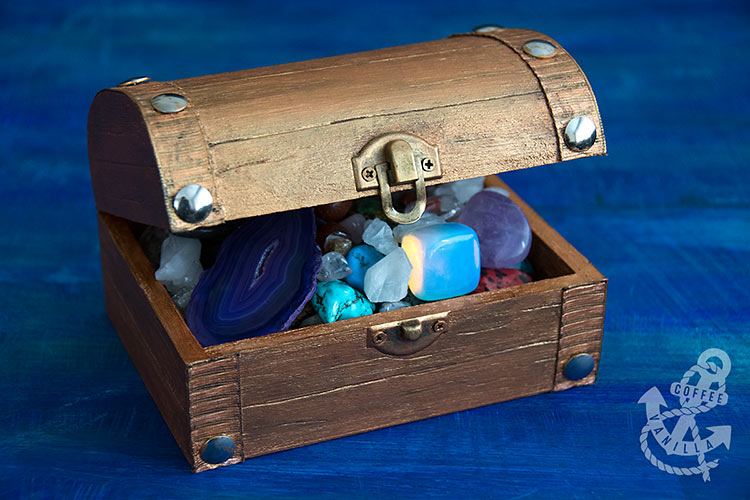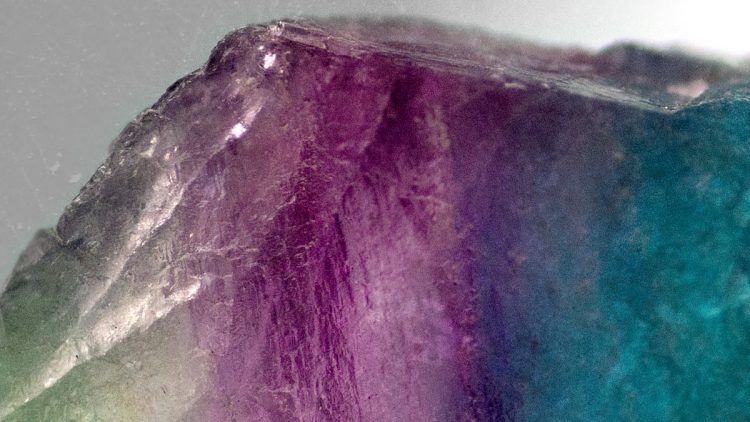My daughters love all kinds of rocks: gemstones, fossils, crystals, minerals. Besides that, as we live in a seaside town, they like to collect sea glass.
I’ve been working on a photo project and decided to photograph some of the stones, just as a test for settings and lighting. Then I realised that images I took may come handy to help girls identifying their stones as they haven’t been able to find all of the rocks from their possession either in numerous books we have, nor online in one place…
Often gemstones look very different when they are raw, tumbled or polished. There are rocks that are not just one thing but a mixture, like the tiger iron that is blend of tiger’s eye, red jasper and hematite among other materials. Some of them are not even stones but fossils, like the fossilised coral below. Also many of them look alike and only after doing a lot of reading from different sources we were finally able to name them. Those that are yet to be identified we call for now confusionites.
Below you can find some of the specimens from their collection, with names and sometimes interesting facts about particular pieces.
Most of the pictured tumblestones, crystals and fossils are available online or in museums and toy stores across UK but some of them can be found on the beach as well.
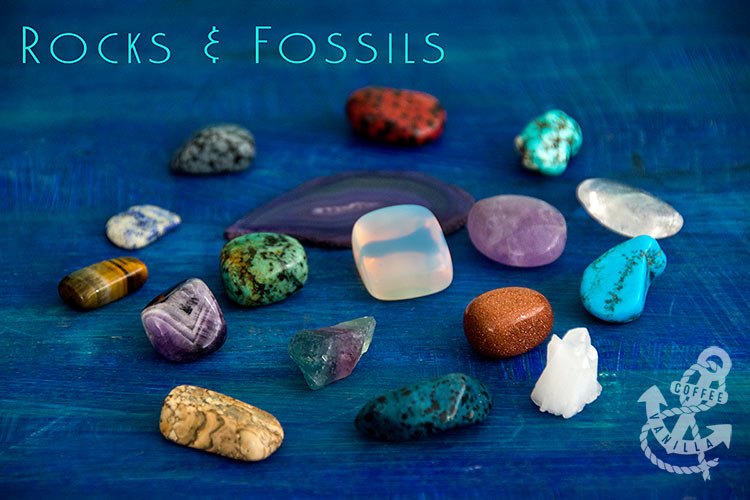
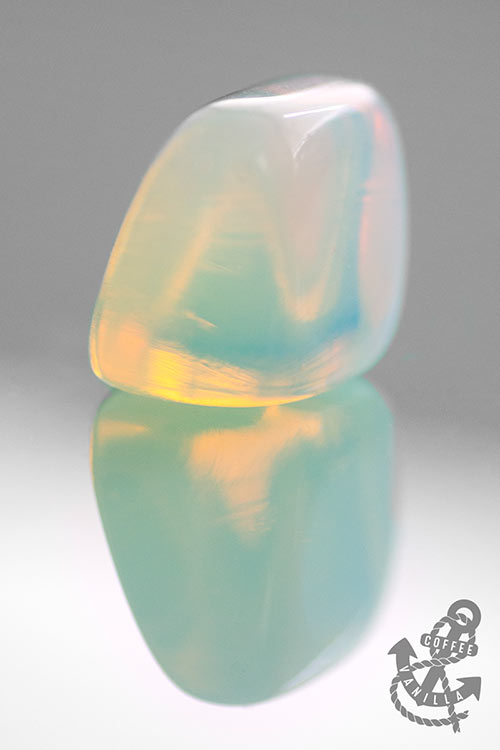
opal
Please note that there are very similar “stones” sold under names: opalite or moonstone opalite that are simply opalised glass (or sometimes even plastic) not real opals or real moonstones. They are much cheaper than genuine opals. To make things even more confusing there are real opalite stones that refer to impure coloured opal form.
![]()
silicon carbide / carborundum / rainbow iridescent moissanite crystals cluster
It is called moissanite after Henri Moissan who discover this mineral while examining rocks from meteor crater in Arizona. Natural moissanite is very rare but it is widely known and used in its synthesized form.
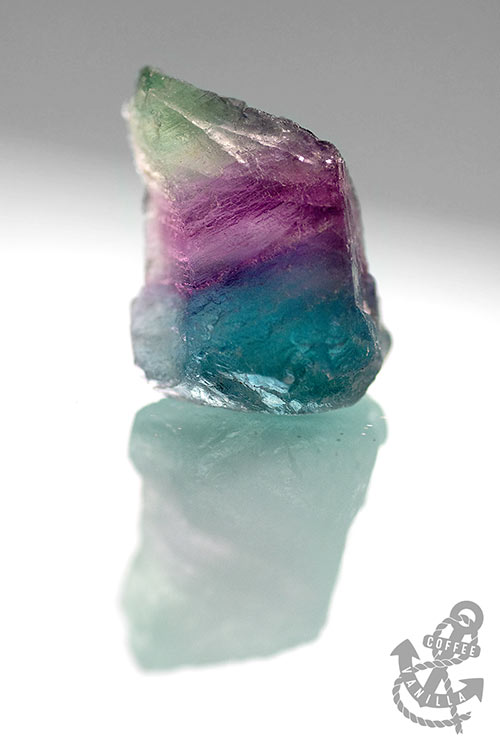
fluorite / fluorspar
It is a mineral forms of colourless calcium fluoride that often is very beautifully coloured thanks to the impurities in the stone.
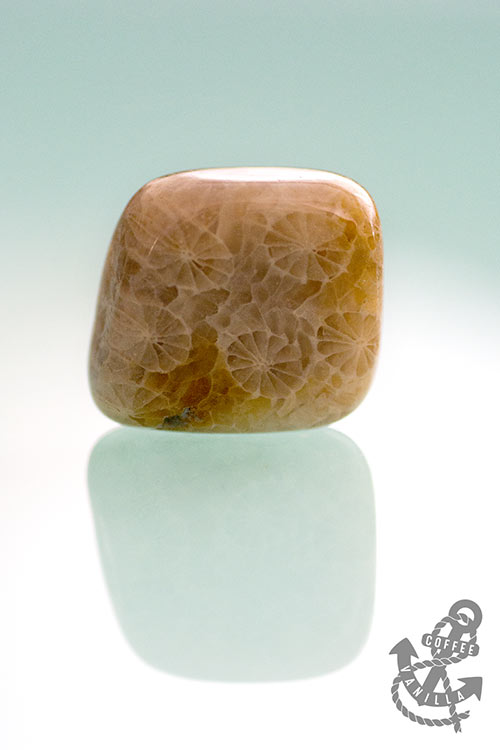
fossilised coral
Those stones are millions years, they were once coral skeletons that has turned overtime into gems.
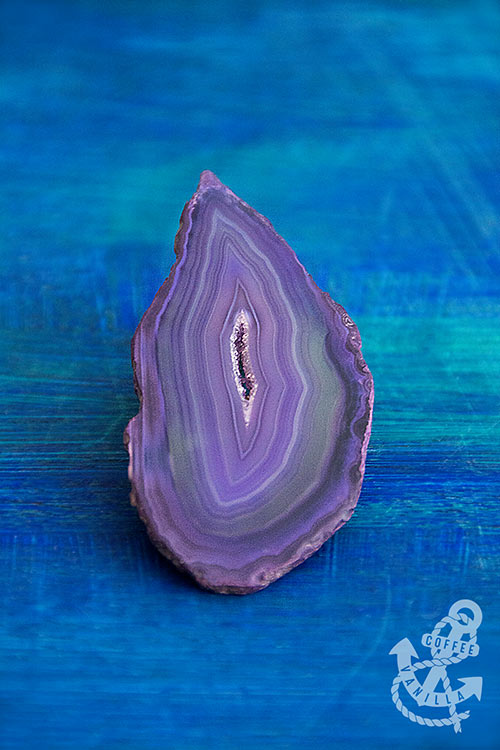
coloured agate slice
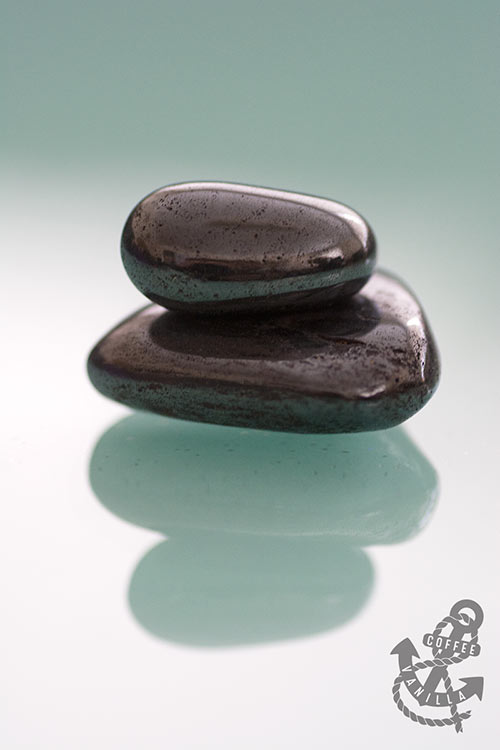
hematite
It’s an iron ore, it comes in silver grey / black or reddish brown.
NOTES
Our collection is growing constantly so stay tuned, more photos coming very soon…
If you are rocks fan as well you may like gemstone & fossil pirate treasure chest we made recently or our Pinterest board dedicated to Rocks & Fossils.
